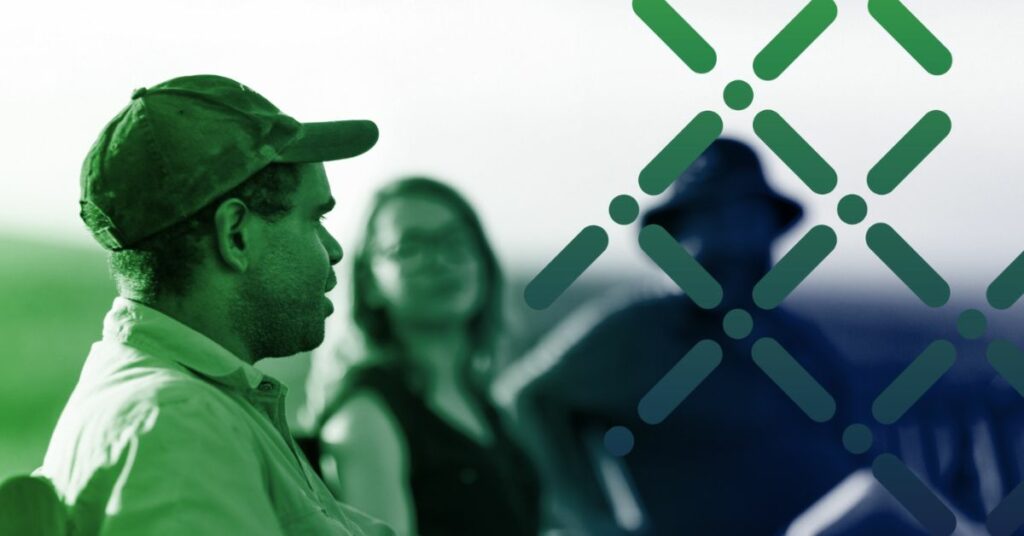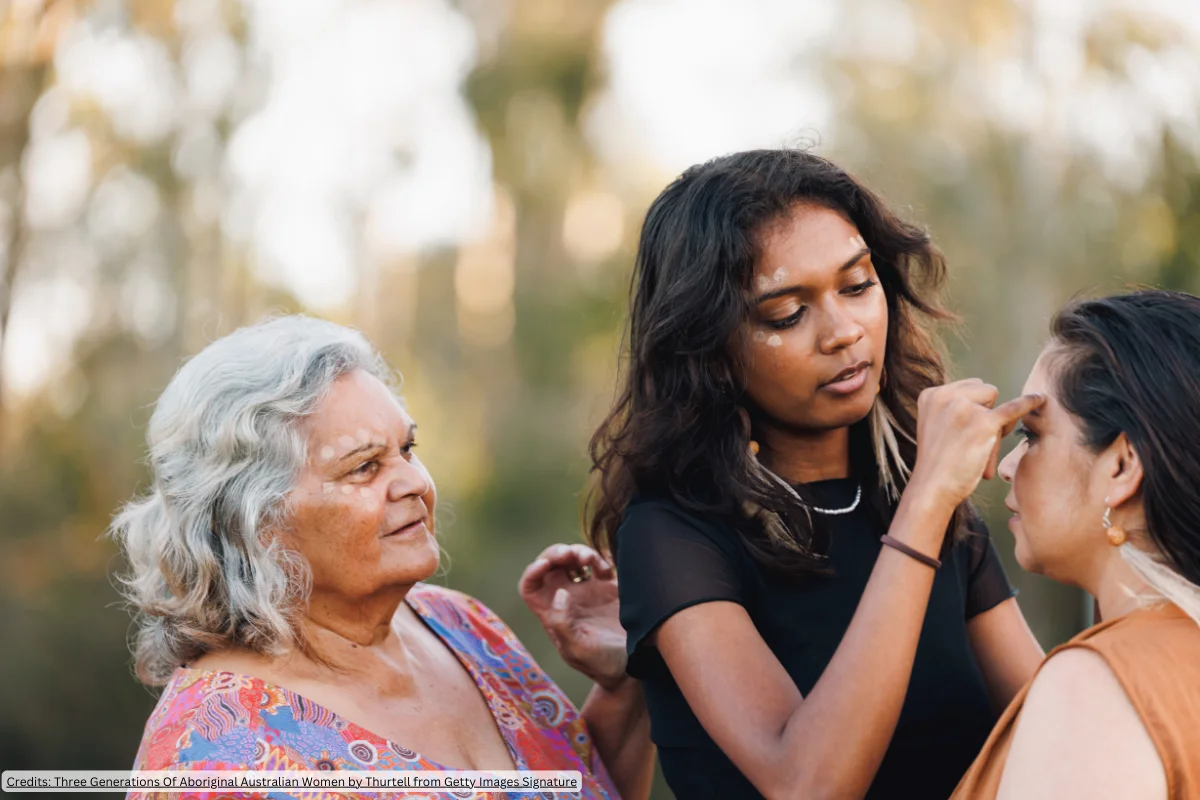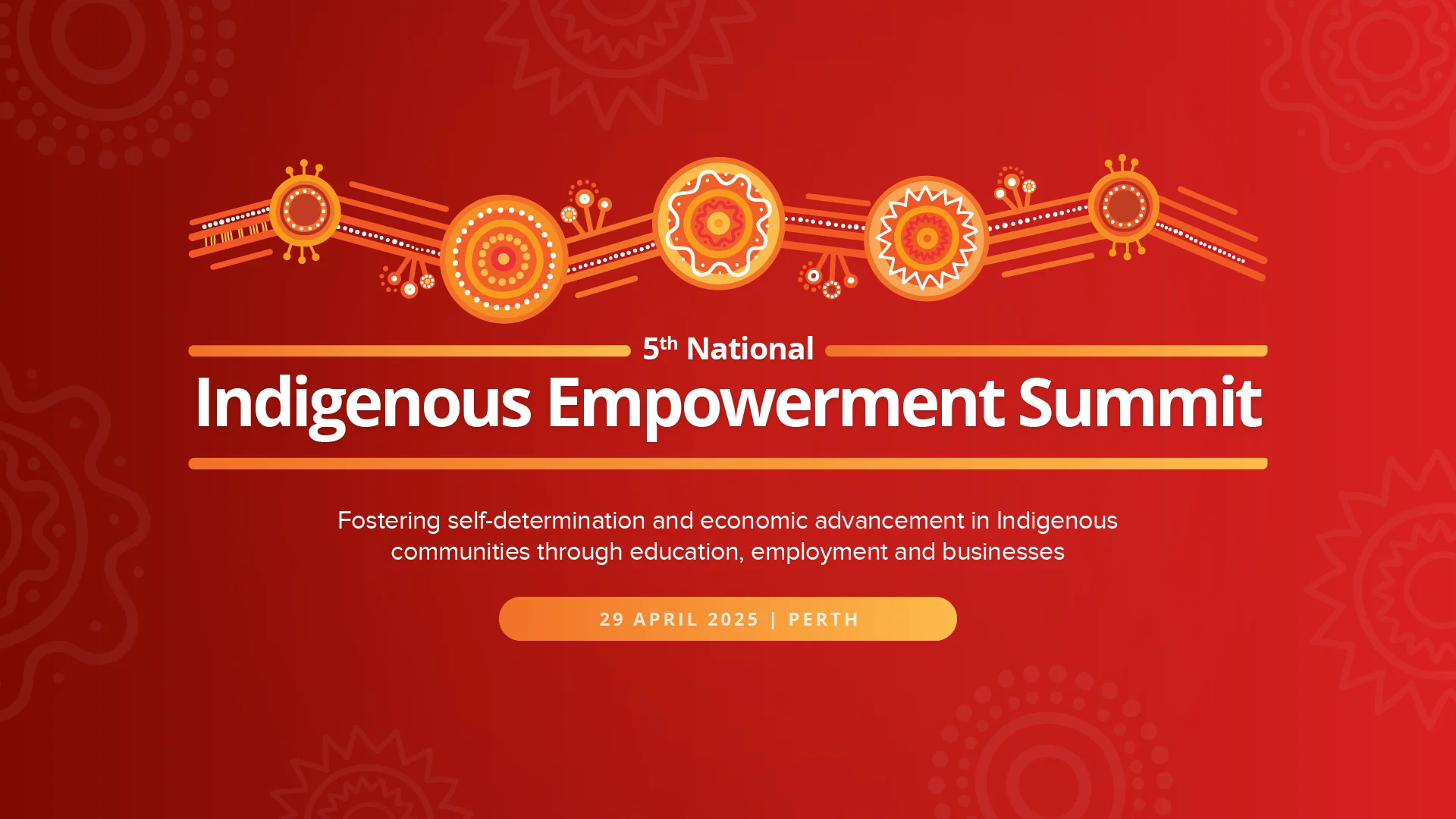FRRR has awarded $3.65 million in grants to 11 agriculture-dependent regions across Australia, for projects that will better prepare their communities for the impacts of drought and a changing climate.
The $3,654,124 in grants is funded through the Australian Government’s Future Drought Fund, and delivered as part of the Helping Regional Communities Prepare for Drought Initiative’s Community Impact Program. To date, $9,115,583 in grants has been awarded to 27 agriculture-dependent regions, through the Program.
Delivered in partnership with ARLF, the Program aims to strengthen the ability of agriculture-dependent communities to work together to prepare for future drought or other disaster.
Nina O’Brien, Disaster Resilience and Recovery Lead for FRRR, said that the collaborative nature of the Community Impact Program means locals in each region have come together to identify and act on their communities’ drought preparedness priorities, at a grassroots level.
“The beauty of this program is that it’s so flexible. It can support events, initiatives, training and even small-scale infrastructure. ,” said O’Brien.
“But at their core, each project is about fostering the growth of stronger networks to encourage shared learning and more collaboration. We’re already seeing that happen among the program facilitators, who are leading by example, having established a community of practice, and mentoring one another across the regions.”
Funded projects include a youth community hub and film festival on Mitakoodi Country, Cloncurry in Queensland. The Mitakoodi Community and Housing Aboriginal Corporation will use a $76,809 grant to develop the hub and festival, which will build a depth of social connection, a shared sense of purpose, and longer-term community belonging that locals can draw upon in future drought.
“We recognise that co-design in each region has taken significant effort and we particularly thank the Community Partner Lead Organisations for stepping up and taking the lead in bringing everyone together. It’s been wonderful to be able to harness local knowledge and expertise and to have a cross-section of the community collaborate and create solutions,” said O’Brien.
In Boyup Brook, Western Australia, Blackwood Basin Group Incorporated has been awarded a $40,730 grant to run a series of land management workshops, as well as produce written resources and provide accidental counselling. These capacity building activities will provide local people and communities with opportunities to develop the skills and knowledge to face the unique challenges caused by drought.
“We look forward to seeing the continued growth of these networks and to seeing the impacts of these projects as they roll out over the next two years,” said O’Brien.
As part of the program, each region will also access tailored leadership development activities, delivered by ARLF.
ARLF Chief Executive, Matt Linnegar, said the leadership development supports the delivery of local projects and yields long-term benefits for the regions.
“We know that a multimodal approach of leadership development increases the impact the investments have in each region. In addition to the project funding, these leadership development activities build social capital required to support the project and people in each region.”
“We get to connect local networks, create a deeper sense of shared purpose and develop capability that helps people to take action and address challenges and make the most of opportunities,” Linnegar added.
Participants also gain access to the wider alumni network of the ARLF.
“It’s these connections that prove invaluable to people. When they’re stuck, there’s someone to ask for advice,” said Linnegar.
Other elements of the Future Drought Fund’s Helping Regional Communities Prepare for Drought Initiative are also underway, including a Mentoring program and an online network connecting community members involved in projects in each of the regions, both led by ARLF.
FRRR has also launched a portal providing access to experts to support delivery of their projects if local expertise isn’t available. A small grant funding round will also open before the end of the year to support projects in areas not covered by the Community Impact Program.












